Fatherhood, for me, has been a course in community building and reclaiming collective cultural memory. As the son of a social worker and a Vietnam veteran (working with jazz musicians in Brooklyn post-war), I prayed for a daughter named Coltrane so that my parents would see that I understood the lessons that they taught through their faith-based work.
I maintain a tradition of American men of the eastern woodlands, Appalachian American men just like the real-life cowboys of Fletcher Street. Faith leaders who farmed, worshiping and stewarding ‘food forests’ in the Appalachian Mountains before Iberian conquistadors arrived on horseback in the early 1500s, my elders chose peaceful movement over physical war to preserve the hearts, minds, and spirits of the people. When, in 1928, my great-grandmother passed away, to be followed by her husband two short years later, it was in response to aggressive developers, displacing us, yet again, to build the Belews Creek power plant in what is now Stokes County (NC).
Our ancestral homeland, flooded by Duke Energy to build Belews Lake, was destroyed in the name of ‘economic development.’ My grandmother, orphaned by this trauma, would be raised by her older siblings before graduating from Dudley High School in Greensboro, NC and migrating to Brooklyn, NY to work, worship and find love. Her marriage to my grandfather, and the family they created, would gain its upstart through the GI Bill in exchange for my grandfather’s sacrifice of having been drafted to fight European conflict abroad.
My father, as well as both my grandfathers, served in the US Armed Forces; prior to being drafted off to war the men in my family were farmers, artists and faith leaders. Upon reflection, it seems that American fathers have been battling European aggression, in the name of democracy, for so long that our absence from the family picture has become a permanent image. This absence continues to show up as European exploitation of the insecurities and fears of indigenous mothers, daughters and sisters across the city’s ‘communities of color.’ COVID-19, it seems, marks the long-awaited return of American fathers to war-torn neighborhoods after what feels like centuries of absence and divestment.
The GI Bill, and the reinvestment that it promised, never manifested for my grandfather or the countless indigenous servicemen who were good enough to fight and die, but not be compensated. This shattered agreement carried with it the weight of not being able to provide for family in the way his European counterparts were. This smoke and mirror history, of broken treaties and forgotten promises, is reduced to laziness and expectation of handouts in the social fabric of post WWII settler-colonial culture. And the ongoing hostile conditions, resulting from 500 years of aggression, divestment and neglect, is the source of American discontent that falls at the feet of American fathers.
American men are generally groomed to be fathers by the women in our communities who understand the interdependent nature of faith, family and environment. Learning the stories of my father and grandfathers provided me with everything that I needed to create safe spaces for Coltrane. Fatherhood has strengthened my professional environmental stewardship work as well.
My father passed away in 1991. I was six years old, and I felt the relationship with my mother begin to shift. I know now this was because she lost a vital part of her support system, one independent of the mother and aunts that raised her in the absence of their own father. She had fallen in love with my father as an accountability partner, a role that I would grow to fulfill until she joined the ancestors in 2019. Everything I understand about fatherhood is the product of a 30+ year accountability partnership with my mother, my active fellowship with an intellectual community of cisgendered men who are fathers and, ultimately, my own daily reflections and meditations.
I wanted to show my mother that I could use her investment in my education to design safe spaces for her granddaughter in a way that was unavailable when she was growing up in the Crown Heights section of Brooklyn in the 1960s.
American fathers need compassionate and supportive communities to raise fearlessly confident young girls into women who feel safe in every environment. When I realized this support was lacking in Historic Germantown, the Philadelphia community where I would welcome my daughter into the world, I called for help from the community. Like my mother before me, I have since been able to lean into a small handful of mutually beneficial accountability partnerships with individuals who understand the vital importance of strong psycho-emotional balance in the process of trauma-informed parenting in post-war, post-industrial, underserved communities.
I grew up in the Brooklyn Public Library, spending afternoons at the Clinton Hill branch en route to my grandmother’s house. The park, the grounds of Pratt Institute, local basketball courts, the occasional family trip to Brooklyn Academy of Music for performances, countless jazz nights and arts festivals made the Brooklyn neighborhoods of Crown Heights, Bed-Stuy, Clinton Hill and Fort Greene into a classroom for me. This was my father’s world that my mother would guide me through in his absence. At the time I had no idea that I was engaged in self-directed education. But I did know that my experience exploring public spaces as a means to find answers to my own questions was gratifying.
As I contemplated the world I was preparing for my daughter, Coltrane, I was so inspired by Don Sullivan, father of Grammy award winning recording artist Jazmine Sullivan, that I would look up opportunities to take up residency as a caretaker in one of the City of Philadelphia’s historic house museums. I began my search while still working as a toll collector at the Peace Bridge in Buffalo in 2010, post-undergraduate study at SUNY Buffalo. It would not be until 2013, after a stint living in Old City and southwest Philly, that I would receive a callback for an interview. I moved into the Vernon-Wister House, now housing the nation’s only Black Writers Museum, in November of 2016 as its resident caretaker.
Since Coltrane was born in the caretaker quarters of the Black Writers Museum, in March of 2018, public space, particularly public green space, has played a central role in her educational journey. She spends days hiking, meditating in the park grass, playing with other children at the playground, farming at local sites like the Wyck historic house, farm and garden and spending time at the northwest regional library just as I did in my youth. She does not know a world filled with trauma, prejudice and fear; our lessons for her follow the nature of things and, in nature, we are able to have candid conversations about the root cause of even the most complex matters.
She has been aware of public transportation as an urban asset since an early age, falling in love with the ‘talking bus’ as it maneuvers corners saying “bus is turning” so much so that she would request that I stop so she could hear it. Her interest in trains, planes and automobiles fits the American toddler stereotype; she has expressed interest in being an architect, so our lessons integrate material culture, architectural history and environmental studies. COVID-19 closures kept much of our learning activities outdoors so, lucky for us, we have enjoyed nature in an uninterrupted manner over the past few years.
As an American father, it is important that my daughter — that all children — have safe and easy access to what I call education in the public, that urban gardens and farms, libraries, art galleries and more register in their minds as places where they are always welcomed. Coltrane’s well-articulated questions — about the lack of trees, the presence of litter and the connectivity made possible by public transportation — help inform my design solutions at Sally Blagg, LLC. This summer, as our boutique firm continues to guide Philadelphia businesses and residents through a truth and reconciliation process, we seek to engage indigenous fathers who fellowship with their children in this way. We know that radical change requires honest reflection and a public policy pathway into the future. Sustainable futures, for American fathers, have to begin with truth, reconciliation and ultimately reparations for fathers who also served this country (or their descendants).
This is a fight that American fathers (and their mothering counterparts) can organize around and win.

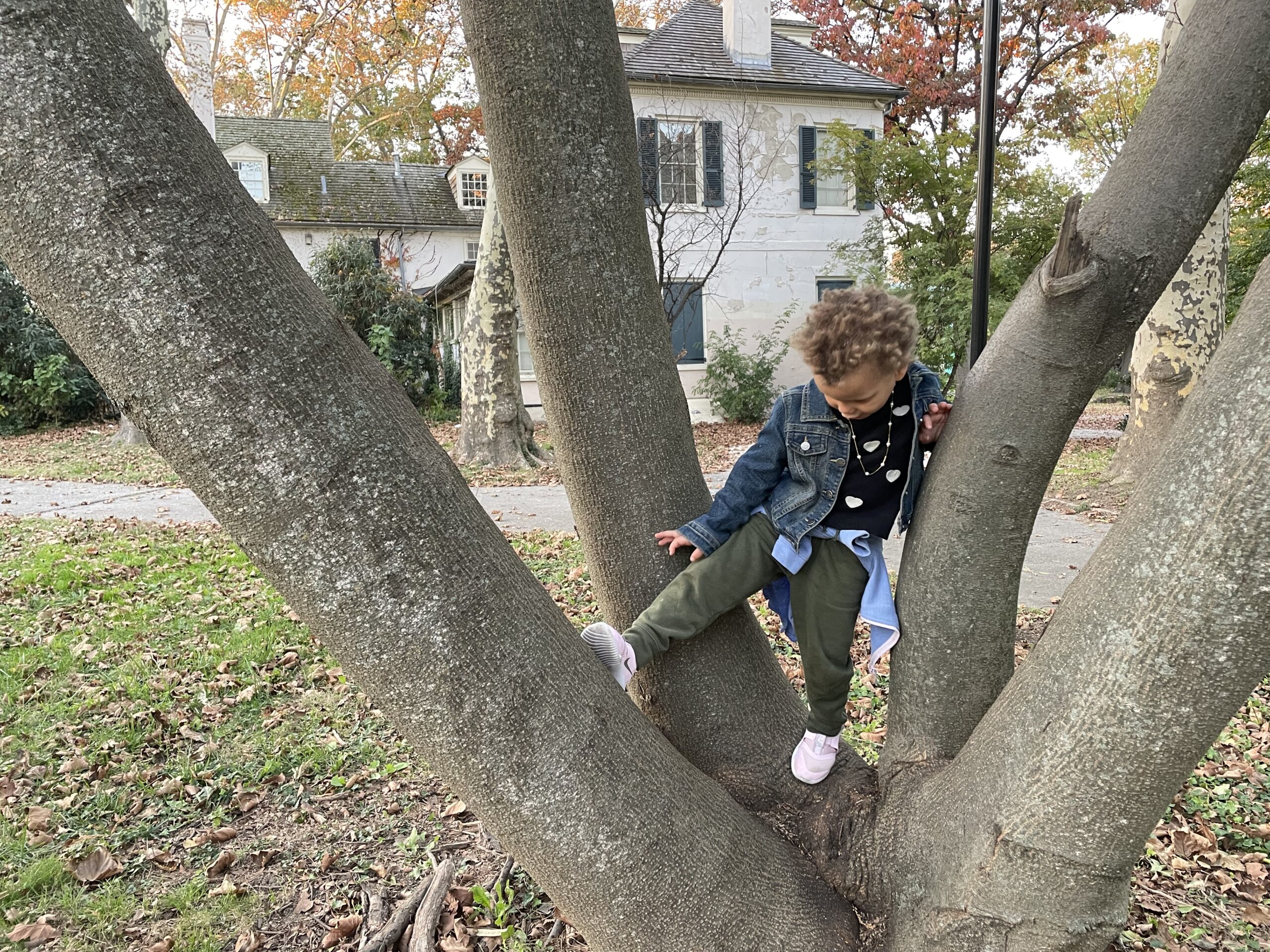

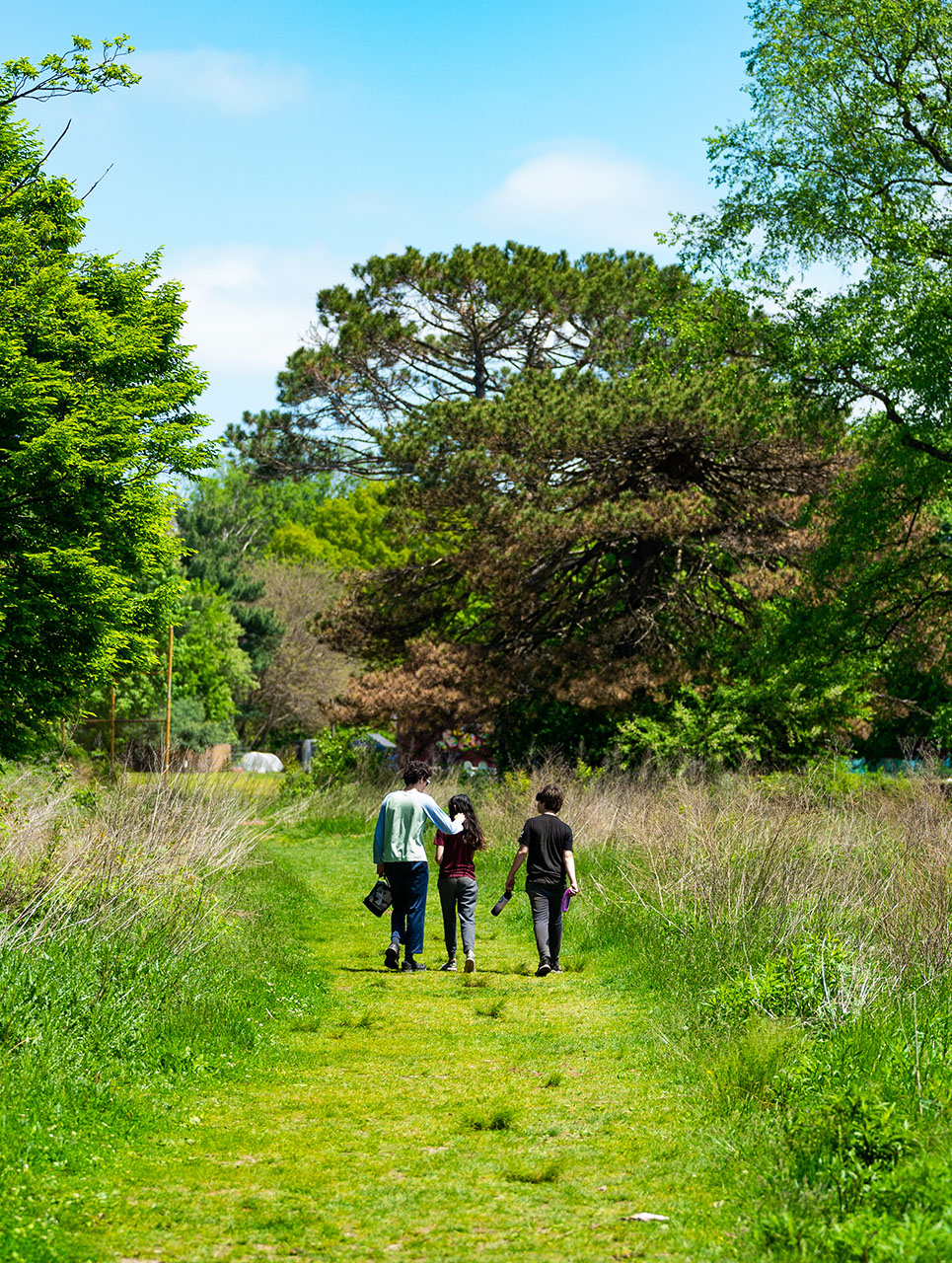
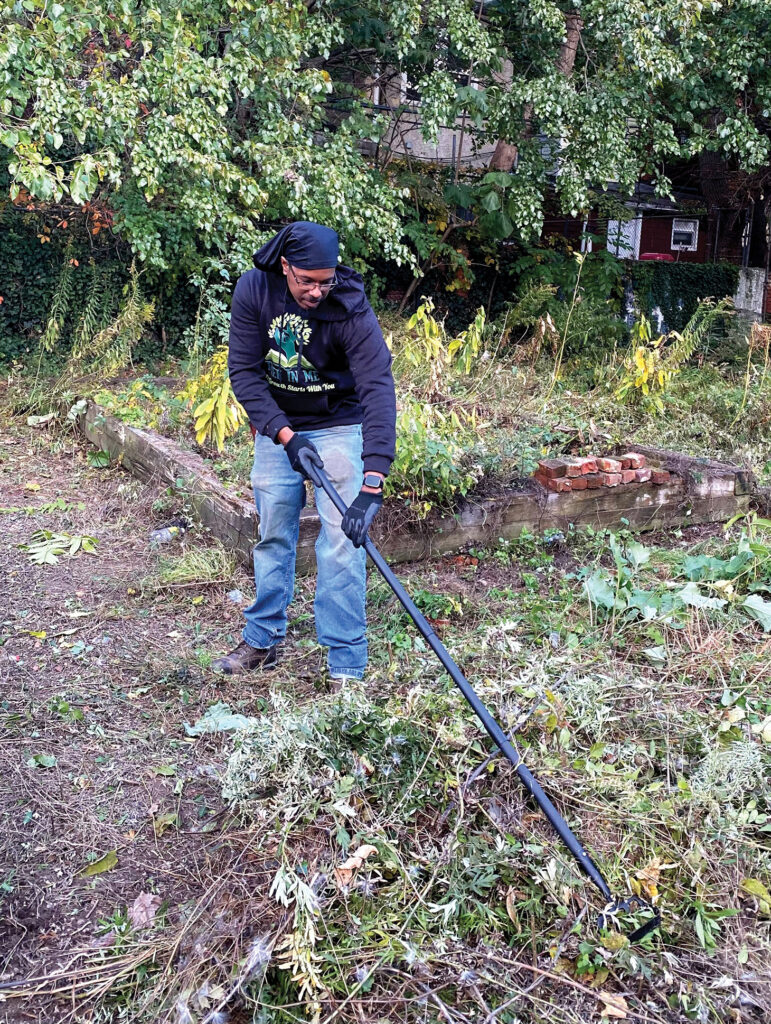
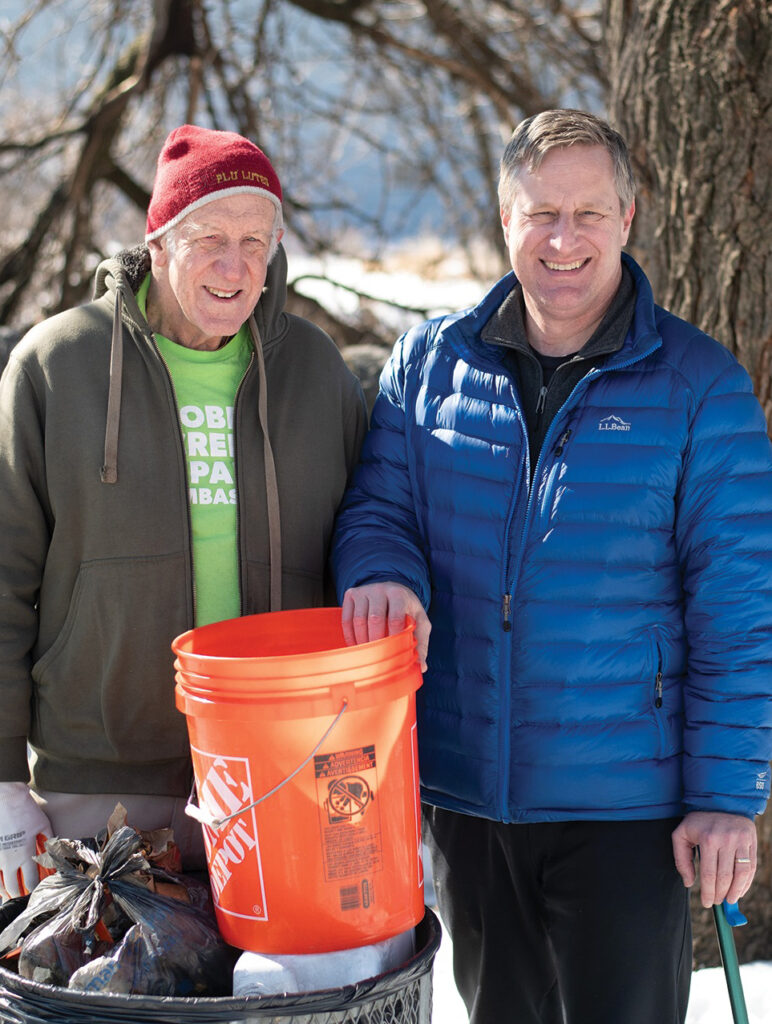
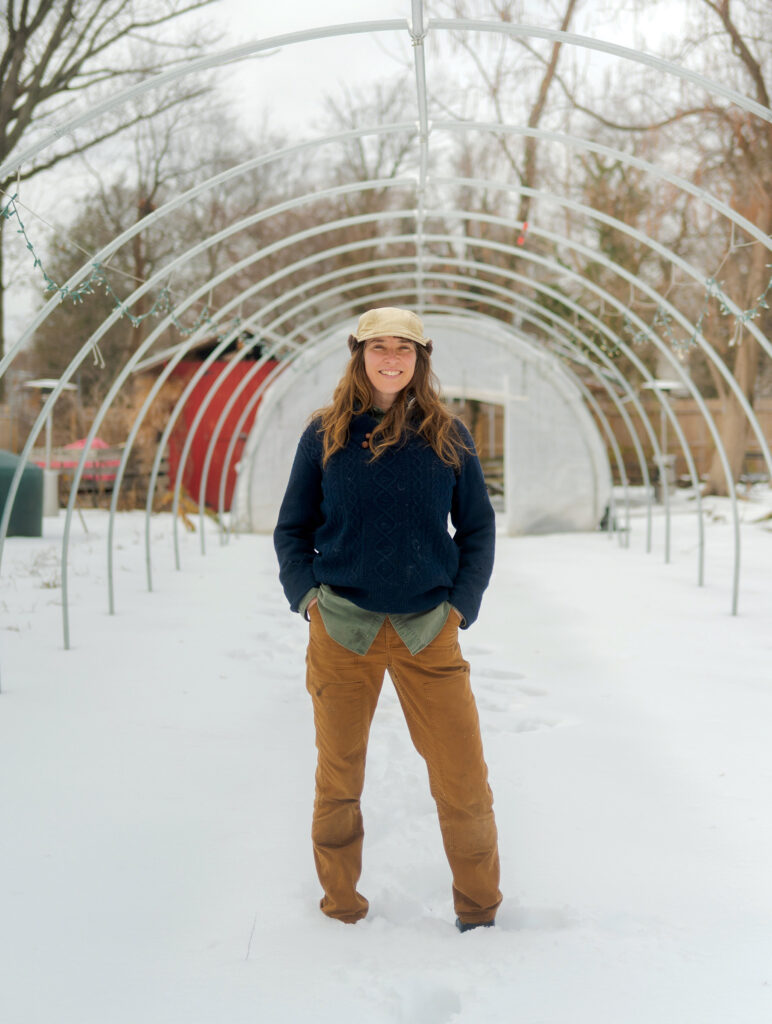
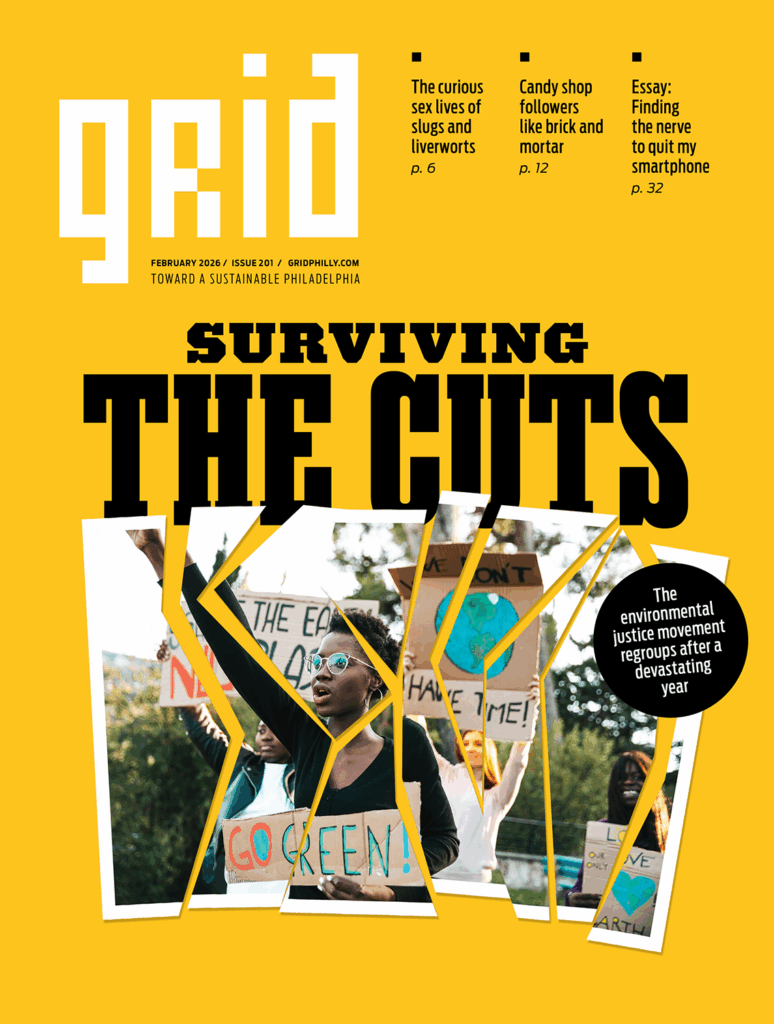
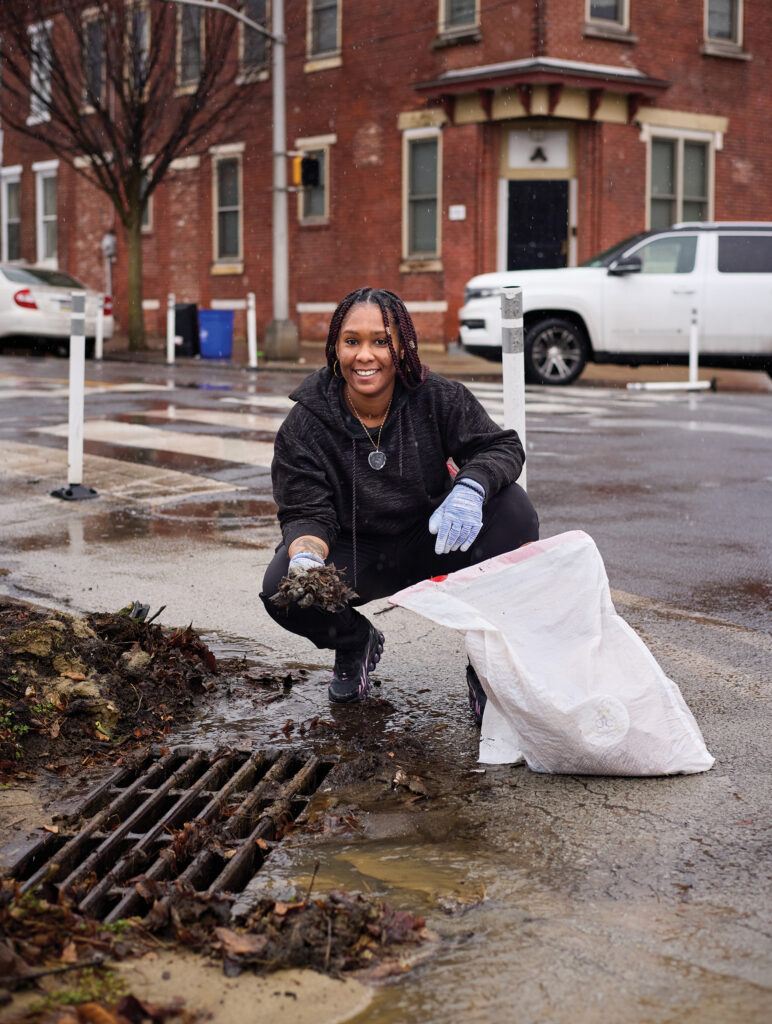
Let the truth be told by the young and old of this historic Germantown community. As a long time resident of over 60 years, I have seen and experienced the; good, bad, and the ugly of a community that I love. For us seniors that still ; live, work, and worship here we are aware of the need to engage our young people in a conversation and a revitalization of not just our community, but those who long for and strive to rescue our, children, families, seniors, and area Veterans. There are those who have decided to take over the place we call home by changing its landscape and culture makeup through the development of artificial communities that become over crowded cement villages erasing our long terms beautiful street lined with trees, as well as, our community gardens, parks, and long standing beautifully designed homes. This has brought about the destruction of what we have come to know as our community. If you visit Germantown today it looks like it’s been in a tug of war between the haves and have nots and you can visually see whose is loosing., the long term residents of Germantown. Without the help of those who claim to have our community and its folks interest at heart to begin to show that they do through deed and not words a whole community will vanish and those who are working hard to make that happen will have won. Can you imagine being forced to leave the very place where you were raised and have live for the majority of your life? I can and it’s not something I welcome.